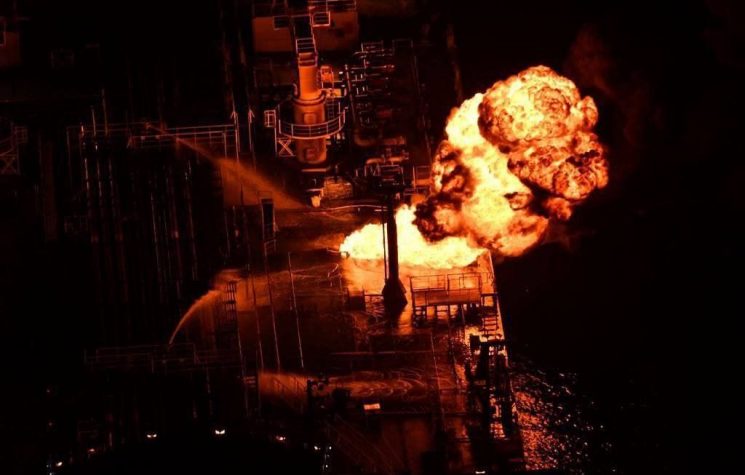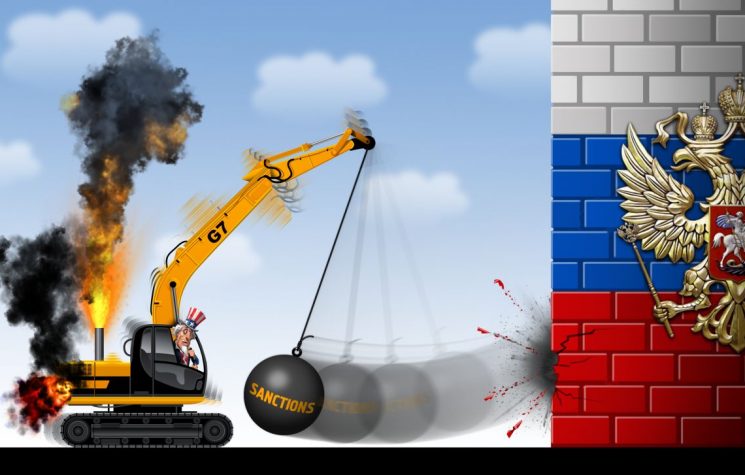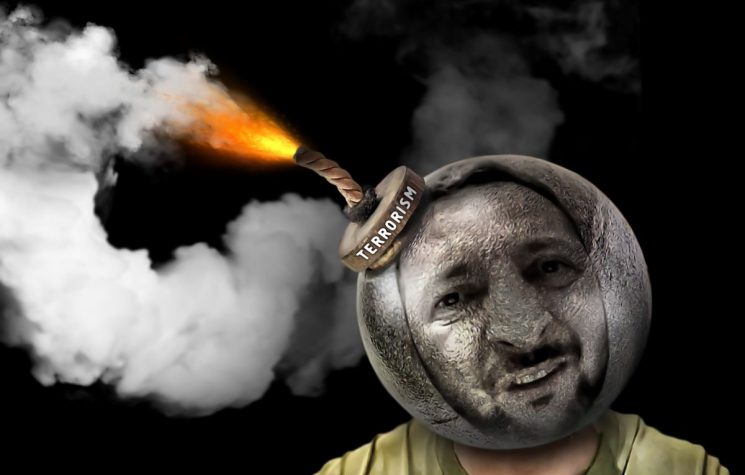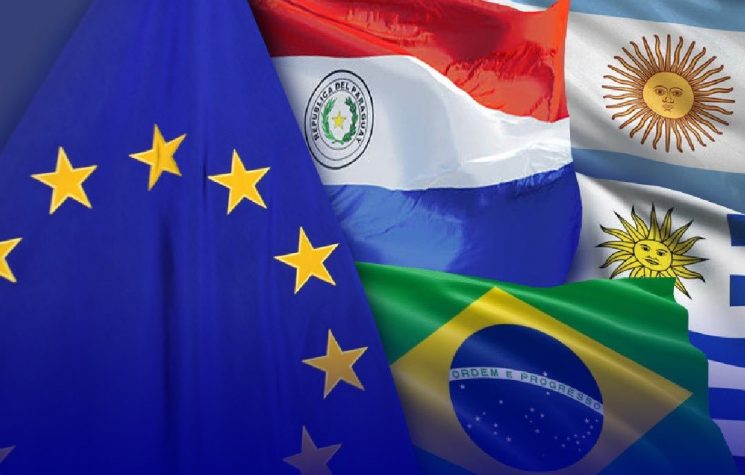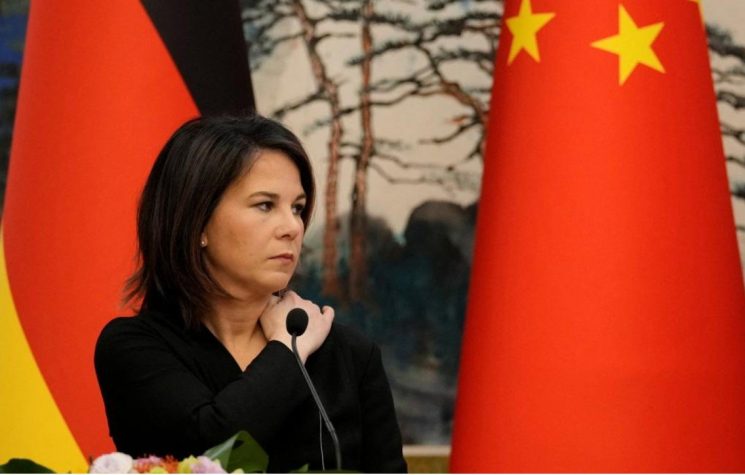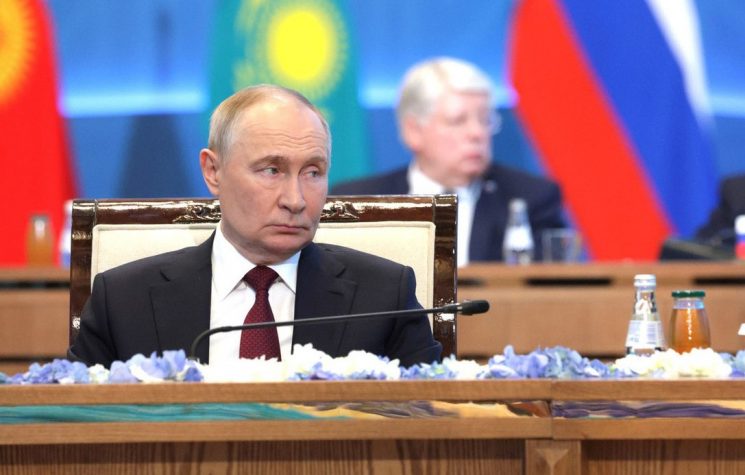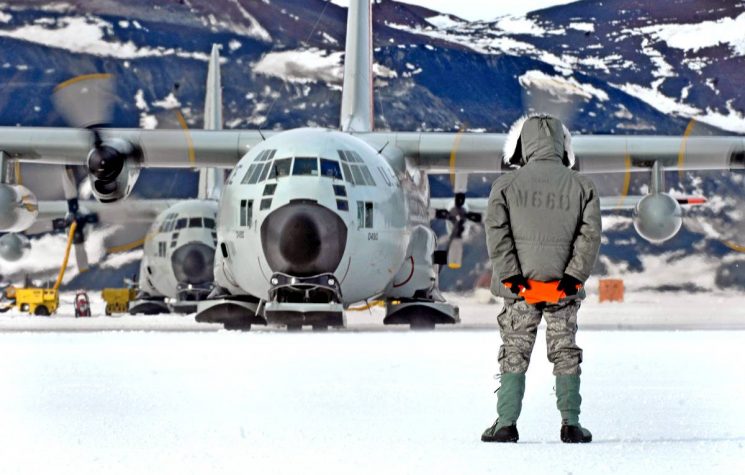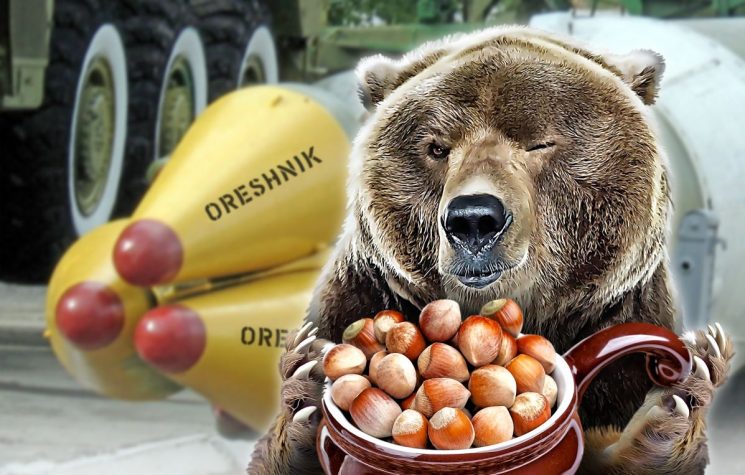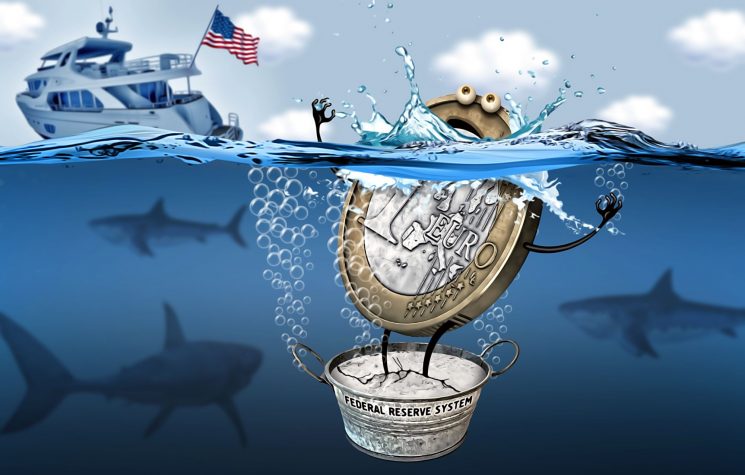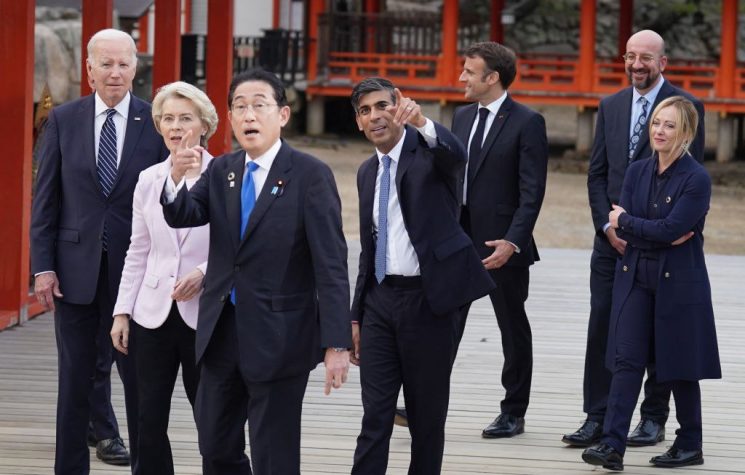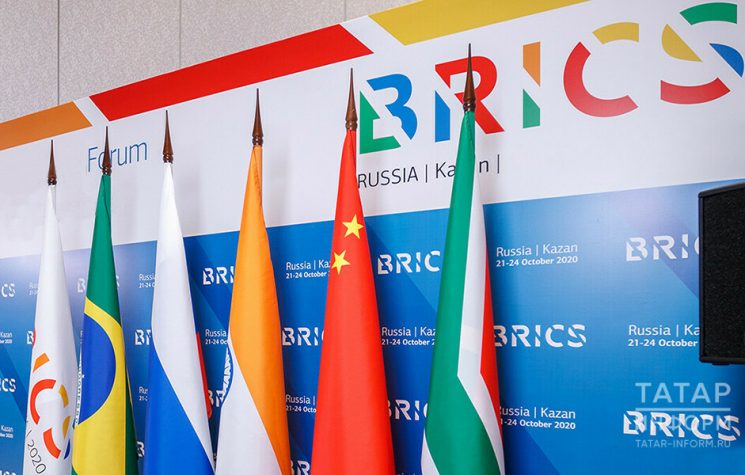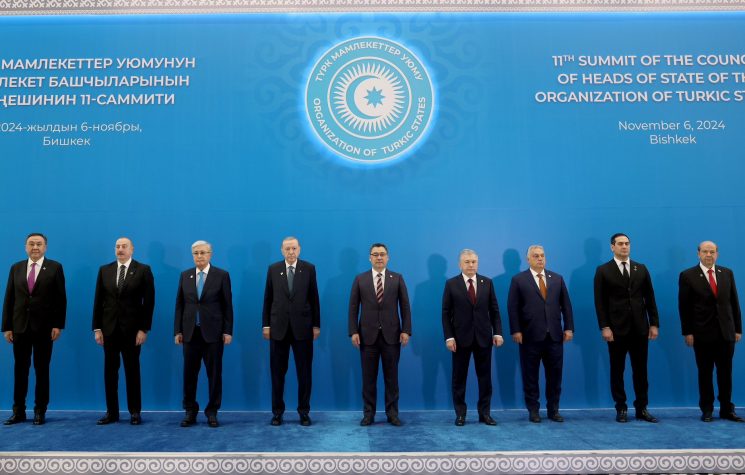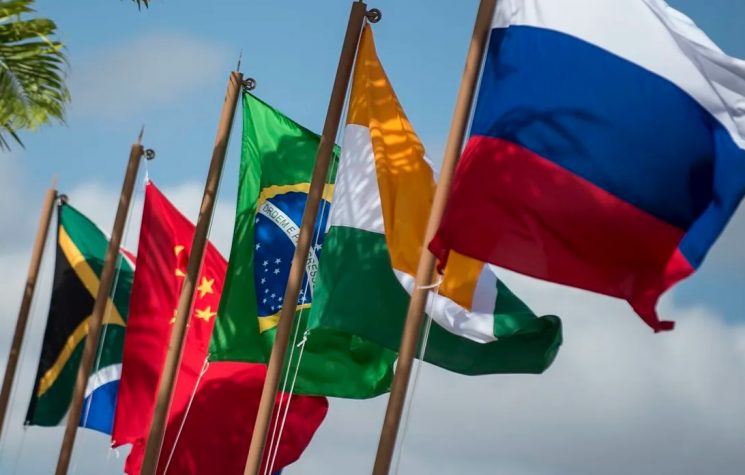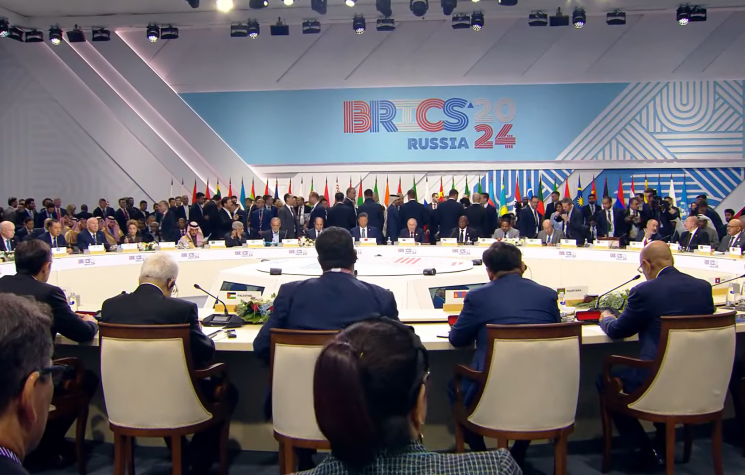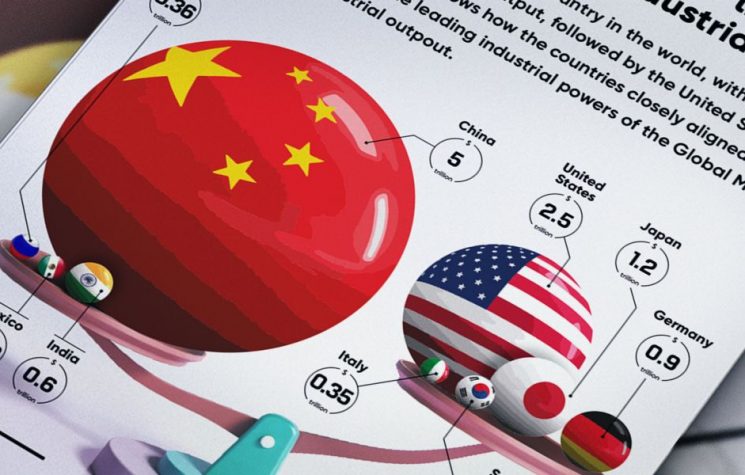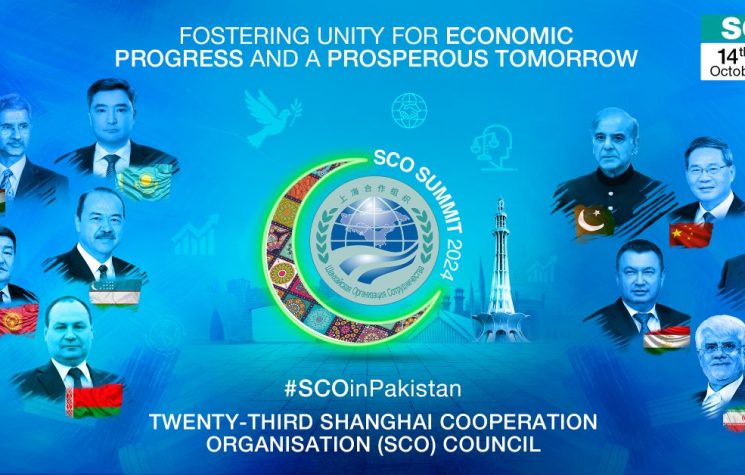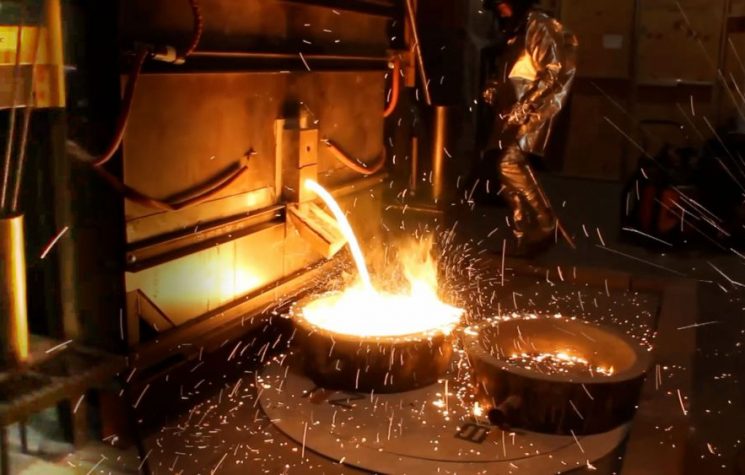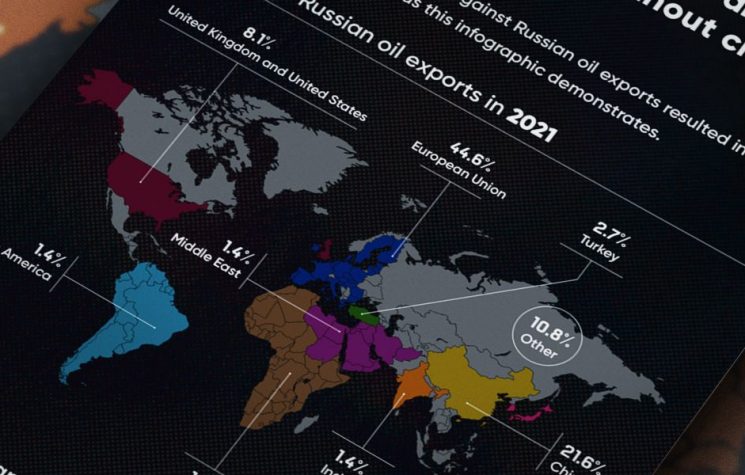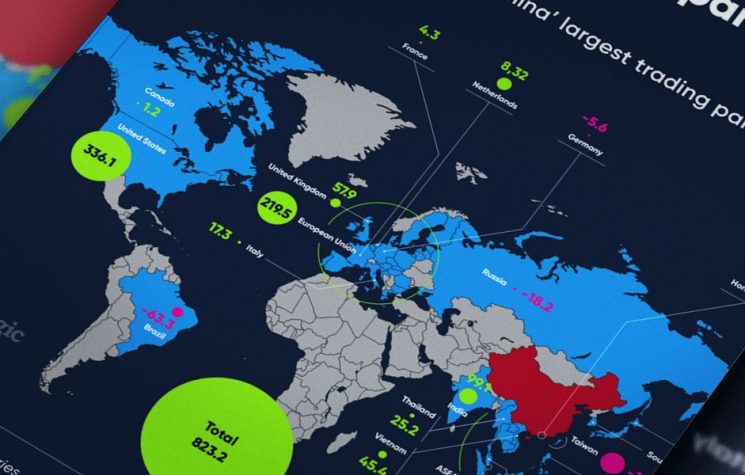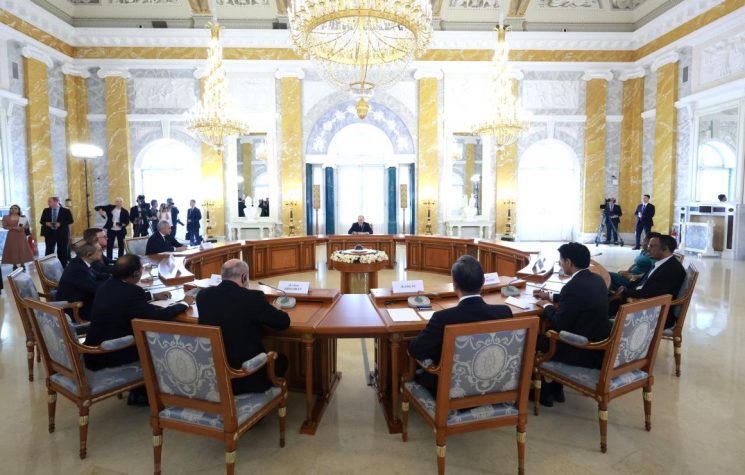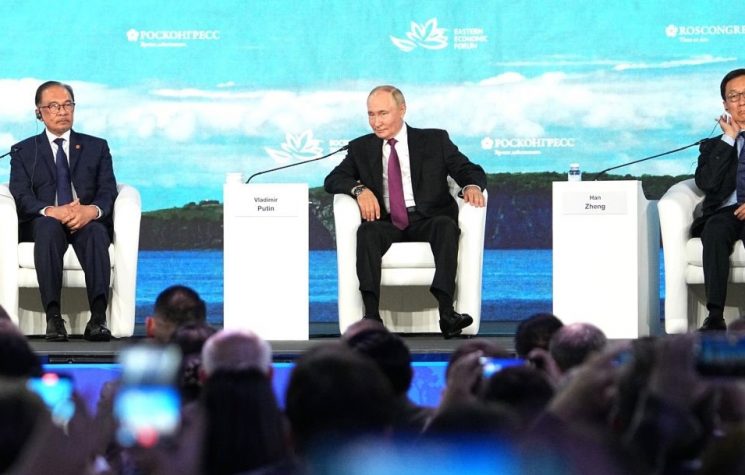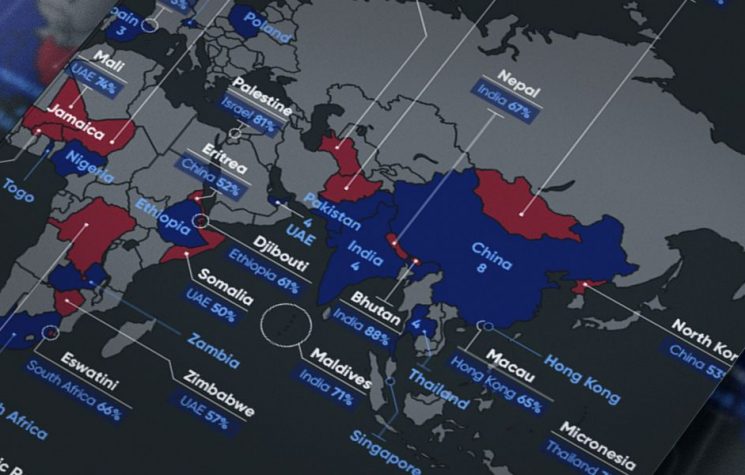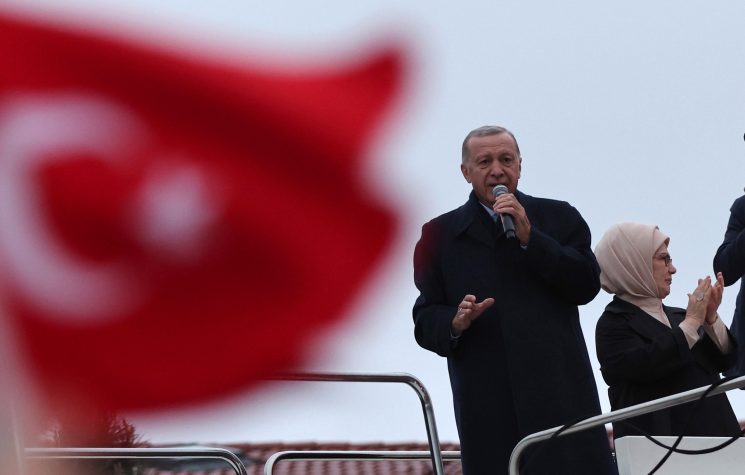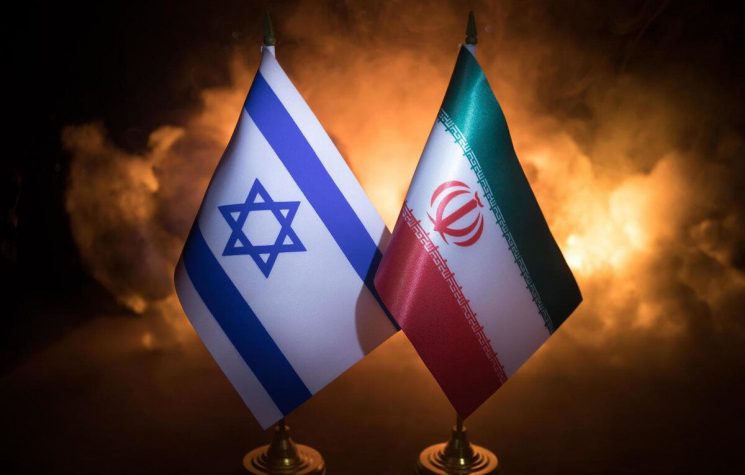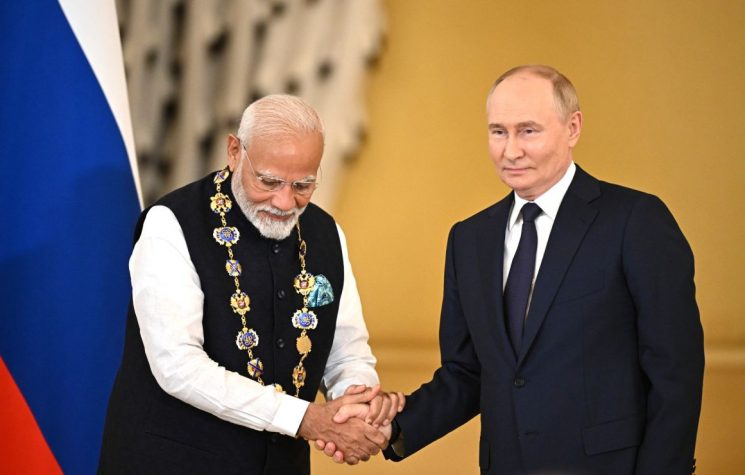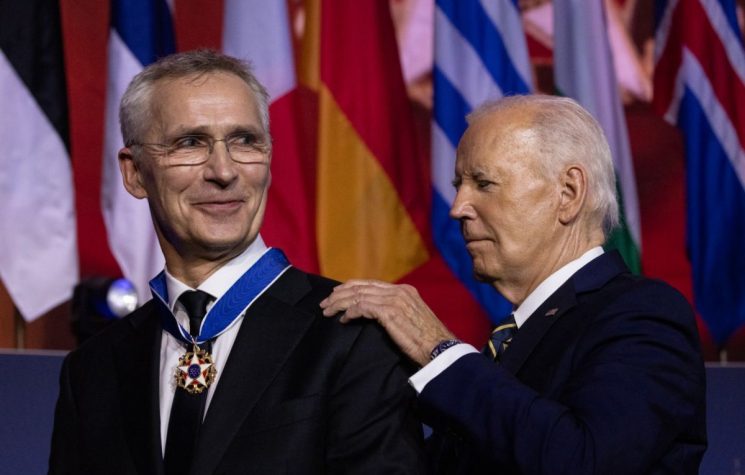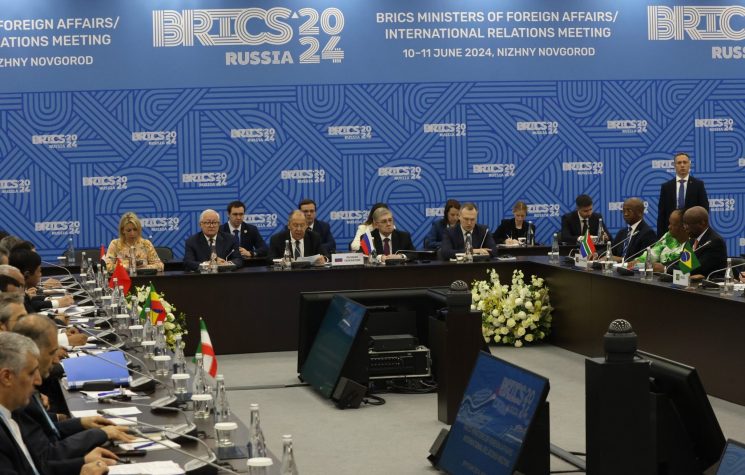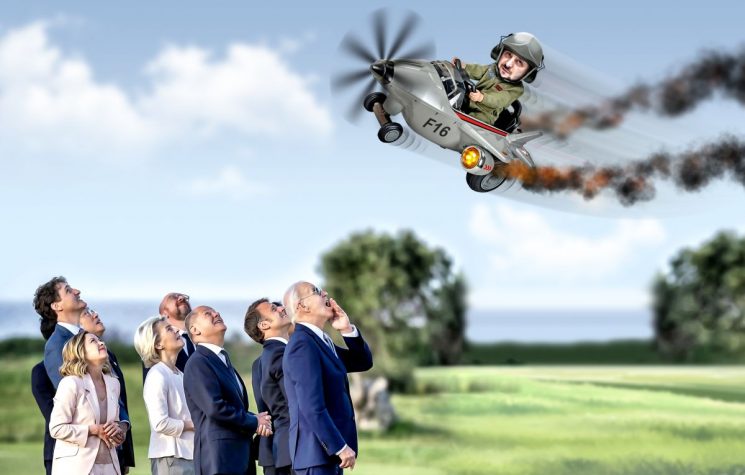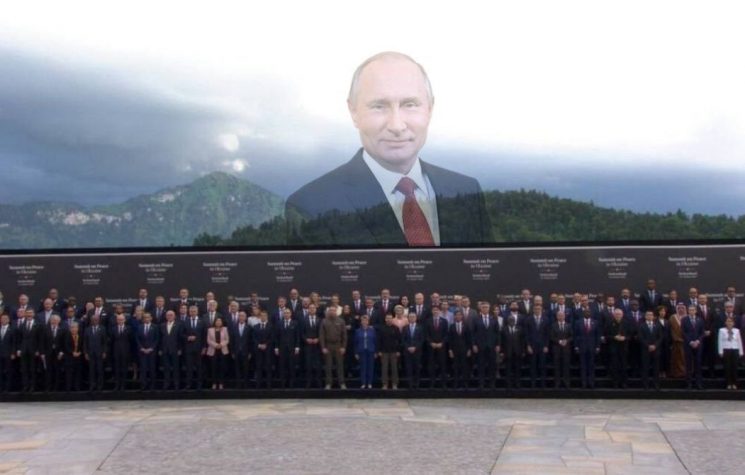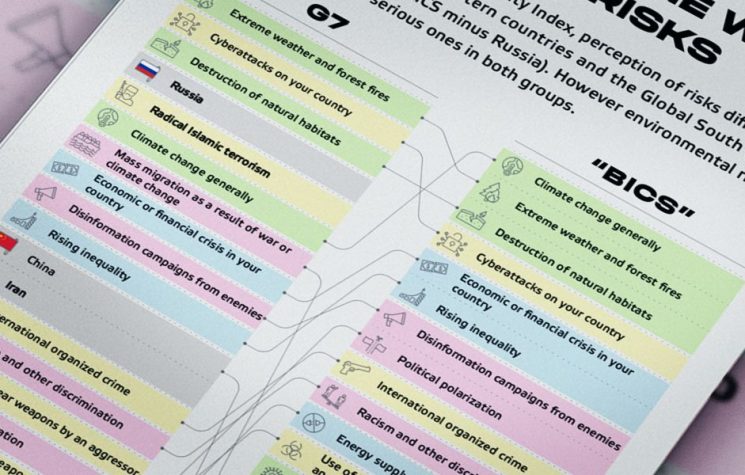Can Putin consolidate some important anti-nuclear war mechanisms in order to lower the tension of war sufficiently to navigate through the stormy waters ahead or is it already too late?
Are geopolitical analysts in the west seriously delusional enough to believe that Russia and China can be undermined?
It was only one month ago that the world found itself trapped on a fast track to nuclear war between NATO powers and Russia over tensions that had been brought to a boil in Ukraine. Of course, it wasn’t only a Nazi-ridden Ukraine that was being used as a trigger for a major showdown, as evidence of Belarus regime change and even assassination attempts became publicized and MI6-Bellingcat antics were justifying new waves of anti-Russian sanctions across the trans Atlantic community. These antics even led to the expulsion of Russian diplomats from the Czech Republic, media psyops attempting to lay blame on the Kremlin for cyber attacks on American pipelines. Additionally, a zero-tolerance policy towards the completion of the Nord Stream 2 Pipeline appeared to be a non-negotiable red line for Washington up until recently. No matter where you looked, the spectre of nuclear war abounded for all to see and only companies specializing in the sale of bomb shelters were content with the direction of world events.
And then something changed.
Perhaps it had something to do with the fact that certain power brokers among the Great Resetting crowd of the west realized that a smoldering earth of radioactive decay was not one they wished to rule over (or under) and that Russia had no intention of backing down in the game of nuclear chicken then being played.
Perhaps it had something to do with the fact that Russia’s advanced hypersonic nuclear missile delivery systems were not a part of the game theory-based computer models which war game scenario planners had designed to justify the full spectrum dominance encirclement of Russia for the past 20 years. While a “limited nuclear war” sounded like an acceptable risk decades ago, and among the “least-worst” possible outcomes designed into computer models until recently, the next generation technologies unveiled by Russia have demonstrated to the saner among the Dr. Strangeloves of NATO that this path would not bear the fruit they once hoped.
A New Calculus Emerges
It appears, from direct statements made by President Biden and Jan Psaki over the past week, that Washington’s decision to pull back from the precipice of nuclear oblivion on the Ukraine front was premised on a new strategic equation that rests on two wildly foolish assumptions:
- The belief that the foundations of the Russian-Chinese alliance contains fatal fissures which can be exploited by savvy diplomatic maneuvering and
- The belief that Russia somehow really desires to be popular and rejoin the “cool kids” of the G7 leading the international liberal order
For these two assumptions to shape the calculus of western logicians playing on a “great game” whose rules they don’t understand yet still wish to dominate, it is assumed that Russia, who shares a 2600 mile border with China, must certainly feel “squeezed” by the great dragon’s supposed plans for global dominance.
While obviously a display of extreme projection from within the inferiority complex-ridden minds of western game masters, it is thus assumed that Russia may yet be swayed into joining a real power block capable of countering China’s imperial Belt and Road Initiative.
For some, this may seem difficult to believe considering Russia and China’s continued re-commitments to work together in defense of the multipolar alliance and their common understanding of the joint unipolar threats that have been striving relentlessly to carve them up from within and from without for decades. Yet demonstrating the delusional calculus now at play, Biden stated on June 16:
“Russia is in a very very difficult spot right now. They are being squeezed by China. They want to desperately remain a major power. They desperately want to be relevant.”
Apparently ending the age of post-9/11 regime change since entering Syria in 2015 and annihilating ISIS, while extending S400 defense systems across the world and merging the EEU with China’s BRI are not enough to qualify Russia as a “major power” in Biden’s mind, let alone being “relevant” in the age of U.S. hegemony.
But Biden took it even further stating:
“Russia doesn’t want to be known as the upper Volta with nuclear weapons’. It matters. And I found it matters to almost every world leader-no matter where they’re from- how they’re perceived, their standing in the world. It matters to them.”
To understand the thinking behind this second statement, it must be understood that a fundamental belief among all behaviorists (of which Biden is no exception being ruled by teams of them and being little more than a synthetic shell himself of impulses devoid of any actual substance himself), is that one of the fundamental drives of all soulless/blank-slates is the desire to be popular. Being popular and adapting to the force of popular opinions works in all anarchist mobs, school yards and especially politics (which is seen as the ultimate game of popularity for any substance-free rhetorician). The force of popular opinion will thus cause anyone to modify their beliefs, opinions, and behavior in conformity to whatever “norms” shape their environment. While one would think it obvious that Putin was not the sort of individual to fall prey to this shallow definition of “practical” human nature, Biden and his handlers appear to think otherwise.
White House spokeswoman Jan Psaki amplified this view saying:
“I think the president’s view is that Russia is on the outside of the global community in many respects… what the president is offering is a bridge back. And so, certainly he believes its in their interests to take him up on the offer.”
So while the outcome of the Putin-Biden meeting resulted in some inarguably positive steps towards the creation of mechanisms to avoid blowing up the world, re-activating START, committing to solid rules of engagement in the Arctic and other Russian border regions in post-Soviet space (at least those are the hopes conveyed by those attending the meeting), China has become the new primary target of western ire.
Where Russia is defined as one among many authoritarian regimes capable of abrasive disturbances but ultimately controllable in the long run, the Chinese have been labelled a much greater threat to western unipolar hegemony as a force playing a long game with the economic capacity, power and will to bring an entirely new security, financial architecture online founded upon principles of multipolarity, long term real economic growth and cooperation for all participants.
Why Russia would feel “squeezed” by this fact is an absurdity beyond belief.
After all, China is not the one who has lit fires across Russia’s underbelly, promoted a decade of shock therapy, Balkanization, NATO expansion, funded color revolutionary tactics, or corralled the world community to impose sanctions onto her.
The fact is that Russia and China enjoy a vastly increasing rate of trade now topping $100 billion annually (compared to the mere $20 billion of US-Russian trade), are both de-dollarizing at accelerating speeds, while working on a common strategic philosophical concept of self-interest and economic value unseen anywhere among the technocratic Hobbesian bubbleheads of the west are facts that unite both great nations in a solid unassailable partnership that keeps oligarchs up at night.
In his NBC Interview with Keir Simmons before meeting Biden, Putin said of the Russian-Chinese relationships: “Can I be completely honest? We can see attempts at destroying the relationship between Russia and China. We can see that those attempts are being made in practical policies. And your questions, too, have to do with it… We (China and Russia) are neighboring countries. One does not choose one’s neighbors. We are pleased with the unprecedentedly high level of our relationship as it has evolved over the last few decades, and we cherish it, just like our Chinese friends cherish it, which we can see.”
Long Term Sino-Russian Strategies
For anyone still ignorant of the sorts of long term strategies that unite Russia and China (and a growing array of nations jumping on board this multi-polar life raft), a few examples can be found in the BRI’s Arctic extensions into the Polar Silk Road, the visionary Russian-Chinese space programs now unfolding vectored on a jointly constructed lunar base, space mining and breakthroughs in nuclear power (including fusion energy) with a focus on exporting this invaluable technology to all nations hungry for real development.
By “real development”, I don’t mean the sort of green boondoggle outlined in the “Clean Green Initiative” or Build Back Better for the World (B3W) programs showcased with delusional pride at the G7 which profess to put China in its place by extending private credit to windmill and solar panel farms across the world. It is a demonstrable fact that these forms of low quality energy not only cripple any nations’ capacity to sustain heavy industry and capital intensive infrastructure, but also pull those foolish enough to join such a green initiative into a piranha tank of debt slavery, decarbonization mandates enforceable by trans-national mechanisms and of course, depopulation.
The question remains: Can Putin use the behaviorist assumptions prevalent among the western elite to humanity’s advantage in order to buy time, complete the Nord Stream 2, and consolidate some important anti-nuclear war mechanisms in order to lower the tension of war sufficiently to navigate through the stormy waters ahead or is it already too late? The answer to those questions will be shaped in some measure by the actions of patriots among the west who wish to have a future. This wish means understanding and acting towards the sorts of policy reforms that put nation states above the power of private finance, human life above computer models and cooperation with the Greater Eurasian Partnership above the interests of sociopathic oligarchs.











